Pay Parity Talks V/S Push-up Bras: Navigating Bollywood's Feminist Facade
As Bollywood champions feminism through bold exits and calls for pay parity, it simultaneously churns out films that shamelessly objectify women, where progress is paraded in headlines but undone in scripts.
Published: Monday,Jun 09, 2025 12:21 PM GMT-06:00
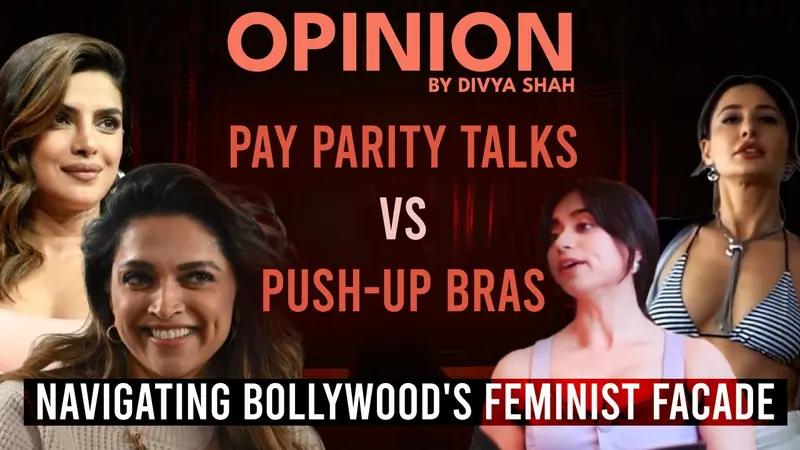
We aren't new to the chants of feminism echoing across the world. What began as a cry for equality and representation has, over the years, shape-shifted into many forms: a propaganda tool, a PR strategy, a badge of progressiveness, or sometimes a defence mechanism. But seldom does it feel like the concept retains the raw emotion and intent it was once coined with.
Bollywood’s Feminist Awakening Or So We Thought
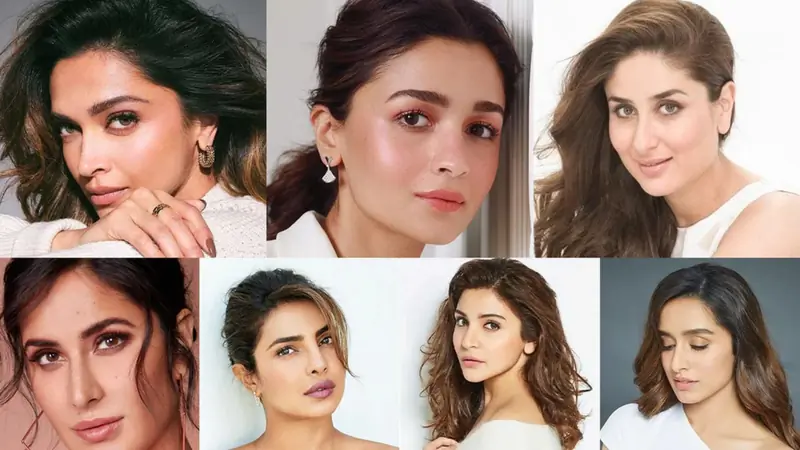
And as feminism swept across industries, the entertainment world, and Bollywood in particular, saw its own metamorphosis. Initially, the conversation centred around roles and opportunities. Women, for the longest time, were seen as mere eye candy – accessories to the hero. Slowly, a movement began, with female actors fighting for screen space, meatier roles, and, eventually, stories that centred around them. It was a hard-fought journey, which gradually extended to more serious issues like working hours, on-set treatment, and the glaring issue of pay disparity.
But the unfortunate truth is that while the volume of these conversations has grown, real, systemic change remains sluggish. For every step forward, there seems to be a contradictory spectacle waiting around the corner to pull the narrative two steps back.
Deepika Padukone Walks Out: A Win for Dignity
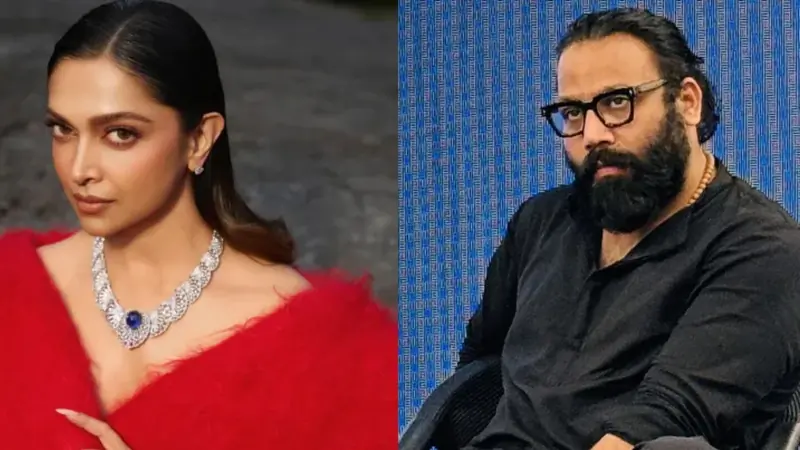
Take the recent Deepika Padukone-Sandeep Reddy Vanga controversy, for example. Reports surfaced about how Padukone exited a major project after creative and contractual disagreements. Allegedly, the filmmaker refused to offer equal pay, dictated an 8-hour workday condition, and laid down problematic terms related to intimate scenes. Padukone, instead of bending, walked out, an act celebrated by many as a strong assertion of dignity and self-worth. Social media lauded her move, calling it a masterclass in self-respect. But even as this narrative of empowerment took center stage, Bollywood served us a jarring contradiction in the form of Housefull 5.
Housefull 5: The Slap in the Face
https://x.com/namanpndit/status/1931672220331348235Now for those fortunate enough to have skipped this film you haven't missed anything. But for those who have witnessed the ordeal, the irony is hard to ignore. The film, touted as a comedy, is nothing short of a regressive parade. Established actresses like Chitrangda Singh, Nargis Fakhri, and Jacqueline Fernandez, all of whom have delivered solid performances in the past, were reduced to props. They existed solely to titillate. The camera work was obsessed with push-up bras, zoom-ins on cleavage, and slow-motion ogling sessions that seemed like a visual manual in objectification.
Soundarya Sharma's character, in particular, hit rock bottom. Her sole purpose was to make the men drool, bending over to flaunt her backside, arching to highlight her bust, and even enduring a climax scene where a gust of wind strategically lifted her dress to reveal pantyhose as if her existence needed one final insult. As this played out on screen, it was hard not to imagine a section of the audience mentally slut-shaming her while laughing at the same exploitative gag.
This moment threw me into a spiral of conflicting thoughts. Where exactly are we in the feminist timeline? How can we celebrate actresses taking a stand while others, in the same breath, willingly sign up to be lust objects? Is the fight selective? Or is it the system that makes resistance harder for some?
The Industry’s Double Standards on Female Representation
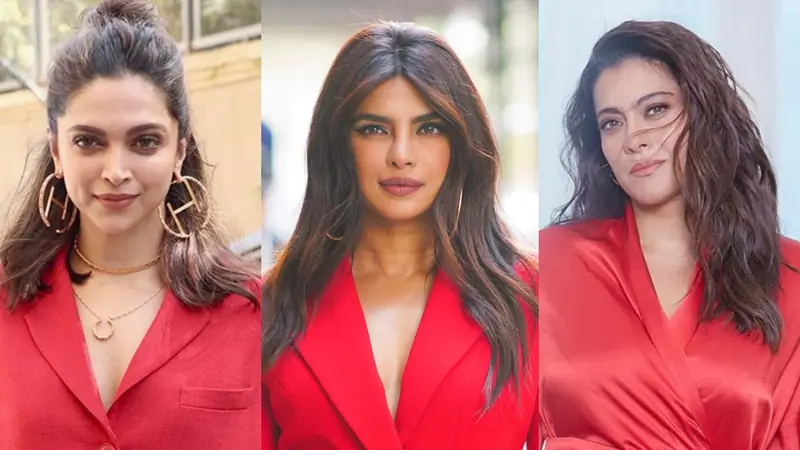
This is not a novel discussion. Actresses like Deepika Padukone, Priyanka Chopra, and others who now speak vocally about feminist issues haven't always steered clear of questionable roles. They, too, have done films that glorify the male gaze. But here's the difference: they evolved. Today, their ideologies are reflected in the kind of scripts they choose, and that is the shift we desperately need across the board.
Priyanka Chopra, for instance, made headlines in 2022 when she revealed that Citadel was the first project in her 22-year career where she received pay parity. "It's kind of nuts," she said. "I put in the same amount of service time, I put in the same amount of investment and work, but I get paid much less." She also pointed out the stark reality that it took a female executive in a decision-making position at Amazon to ensure that parity. Should it really be that hard?
Deepika Padukone herself once made her stance clear: "I know my track record and what I'm worth. My co-actor's films haven't been doing as well as mine. It made absolutely no sense." She turned down a film simply because she was being offered less pay; a powerful move that sent a message.
Even Kajol, taking a more diplomatic stand, acknowledged the gender gap. "It has to do with box office collections to a big extent. Yes, there is a gender issue. But no single actress' film has made Rs 500 crore the way a Salman Khan film does." Her words reflected the brutal economics of Bollywood, a space where worth is too often measured in ticket sales, not talent or impact.
OTT Platforms and the Glimmer of Real Progress
https://x.com/Tirlovesha/status/1927315663405678645Then came the OTT boom, and suddenly the industry found a new avenue to rediscover its women. From Delhi Crime to Bombay Begums, Made in Heaven to The Great Indian Kitchen remake, female-driven stories found a fresh lease of life. Nimrat Kaur, in an interview, admitted it was a great time to be a woman in the business. "There are more meaty and respectable roles now," she said. It felt like a new chapter. But Housefull 5 slammed that book shut and spat all over its pages.
Because when you have big names, known faces, and respected actresses still agreeing to star in scripts that strip them of all dignity where their entire character arc revolves around cleavage and ass-shots, you have to wonder: where do we really stand? This isn't about moral policing. It isn't about clothing. It's about intent. It's about equality.
Yet, in the midst of these ongoing efforts, something as tone-deaf as Housefull 5 finds theatrical release. Not just that, it performs well at the box office. That, perhaps, is the biggest tragedy of all. The audience, while acknowledging how "bad" the film is, still flocks to it, funds it, laughs at the same sexist jokes, and ensures its commercial success. So who is to blame?
The Real Tragedy: We Keep Enabling It

It's baffling that when films showcase real societal issues, they are met with bans, protests, and moral policing by so-called guardians of culture. But when a woman is reduced to a caricature of sex appeal for cheap laughs, there is silence. No hashtags, no outrage, no cancelled screenings.
Wokeness, it seems, is optional, switched on when trending, and conveniently turned off when inconvenient. The industry, too, plays its part. What do we make of the parallel reality where mainstream blockbusters continue to objectify, degrade, and devalue women without a hint of shame?
This duality is exhausting. We cannot keep hailing progress while simultaneously applauding regressive cinema. It's not enough for a few actresses to take a stand; the collective consciousness of the industry and its audience must evolve.
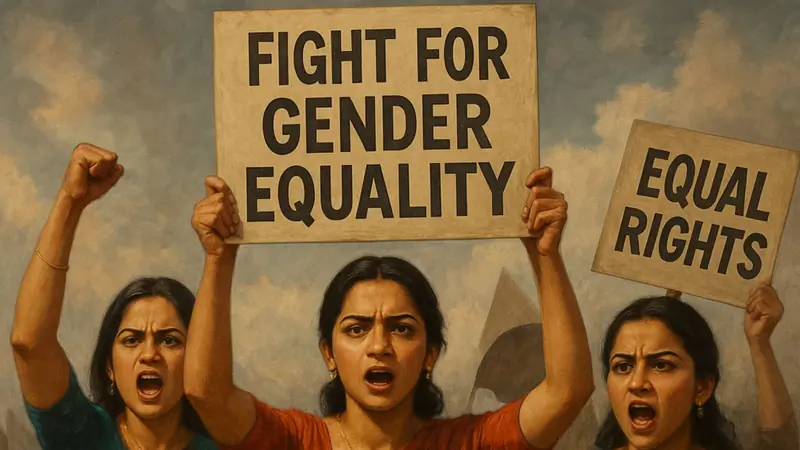
If the new Bollywood wants to wear its feminist badge, it has to do more than just cast women in lead roles. It needs to stop selling tickets at the cost of their dignity. Because the real tragedy isn't just that Housefull 5 was made, it's that we, the viewers, enabled it.
We need to ask the tough questions. Why are actresses still agreeing to such roles? Is it the lure of a big production house? The promise of visibility? Or the helplessness of navigating an industry where saying no often means being forgotten?
Until we demand better as an audience, filmmakers will continue serving us this cocktail of objectification disguised as comedy. And until then, the chants of feminism in Bollywood will continue to echo, loud, passionate, and heartbreakingly ironic.
Disclaimer: The views and opinions expressed in this article are solely those of the author and do not necessarily reflect the official policy or position of IndiaForums.com, its editors, or its affiliates. Readers are encouraged to form their own views.
Join Our WhatsApp Channel
Stay updated with the latest news, gossip, and hot discussions. Be a part of our WhatsApp family now!
Join NowYour reaction
 Nice
Nice Great
Great Loved
Loved LOL
LOL OMG
OMG Cry
Cry Fail
Fail

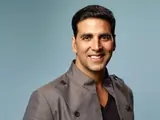



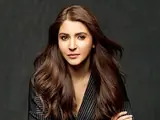





















Post a comment